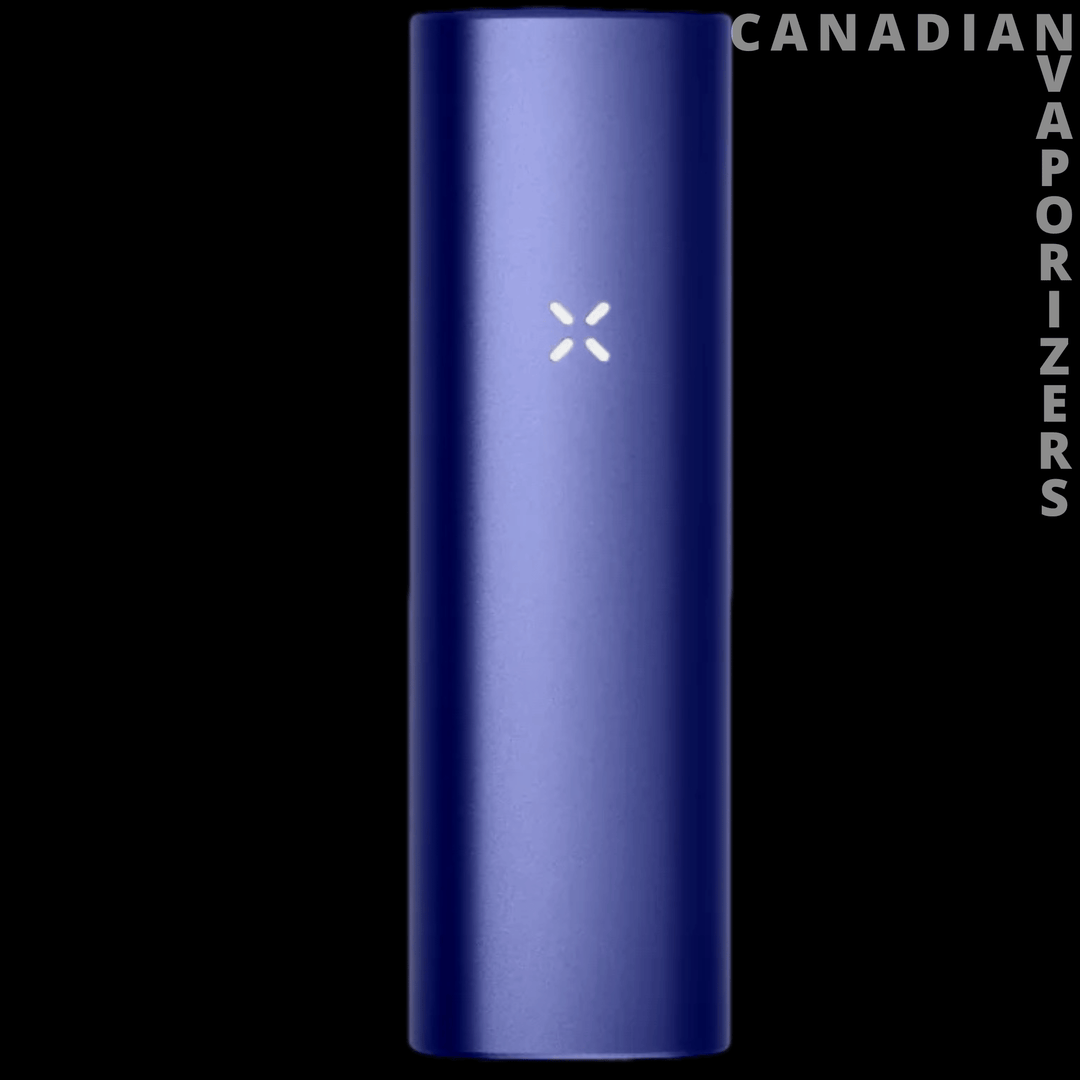Cannabis Industry Review Calls for Crucial Changes Amid Ongoing Struggles 2024

A federal government-appointed panel has recently recommended several changes to the legislation governing cannabis in Canada. This comes as the industry faces significant challenges, with one of the most pressing issues being the excise taxes levied on cannabis producers.
Revisiting Excise Taxes
The expert panel, comprising five members, released a report with 54 recommendations on Thursday. A key suggestion is for Finance Canada to adopt a new model for excise taxes. The proposed model would increase taxes on products with higher tetrahydrocannabinol (THC) levels, the psychoactive component of cannabis, and lower them for products with smaller amounts. This change aims to encourage consumers to opt for lower-THC products.
Currently, the excise tax is the higher of $1 per gram or a 10 percent per-gram fee for dried and fresh cannabis, plants, and seeds. This rate was set in 2018, anticipating a gram of cannabis to sell for $10. However, with prices now as low as $3.50 per gram, producers are often stuck paying the $1 per gram fee, which the panel describes as a "substantial burden."
“We see an opportunity to update tax policy to reflect the current reality,” the report states.
Industry Challenges and Responses
Since the legalization of cannabis in Canada, the market has not grown as expected. Major players like Canopy Growth Corp., Aurora Cannabis Inc., and Tilray Brands Inc. have been forced to lay off workers, close facilities, and manage challenging balance sheets. Overregulation, a persistent illicit market, decreasing prices, and an oversaturation of cannabis stores in some regions have compounded these difficulties.
Some industry members hoped the review would validate their struggles and prompt the federal government to implement meaningful changes. Following the report's release, Canopy Growth CEO David Klein welcomed the recommendations, urging the government to address the most significant issues in the upcoming federal budget. He emphasized the need for a review of the excise tax and its application to medical products.
Conversely, Rick Savone, Senior Vice President at Aurora, expressed disappointment, criticizing the report for not addressing industry sustainability or providing immediate excise tax relief. He called for urgent excise duty relief, rejecting incremental changes.
Broader Recommendations and Focus Areas
The report, developed over 18 months, extends beyond economic issues, addressing Indigenous participation in the cannabis sector and health and safety concerns, especially for youth. Notably, it advocates revising packaging rules to allow QR codes conveying credible cannabis information and labels certifying products as organic or recyclable.
The panel also recommends Health Canada develop a "standard dose" to guide consumers on the appropriate amount of cannabis to consume. Despite acknowledging the challenges in establishing such a standard due to the varied ways cannabis is consumed and metabolized, the report suggests this could encourage lower-risk consumption behaviors.
Reaffirmation and Controversial Recommendations
While proposing several changes, the report reaffirms existing policies, such as the 10-milligram per package limit for THC. The industry argues that raising this limit could help outcompete illicit sellers who offer higher-THC products at lower prices. However, public health stakeholders support maintaining the current limit, citing a rise in accidental cannabis poisonings among children since legalization.
“Ultimately, we felt that there are too many unknowns and too much uncertainty about the likely consequences of increasing the amount of THC in these products,” the panel noted. They recommended maintaining the current limit and conducting further research to address knowledge gaps.
Next Steps and Government Review
Health Canada is currently reviewing the panel's conclusions and will provide recommendations to the federal government, though no timeline for these suggestions has been offered.
The review of the Cannabis Act, chaired by former deputy minister of justice Morris Rosenberg, began in September 2022, delayed by the COVID-19 pandemic. By its conclusion, the panel had consulted 600 participants, including cannabis retailers, growers, medical professionals, public health advocates, and consumers.
As the government contemplates the panel's recommendations, the cannabis industry remains hopeful for regulatory adjustments that will support its sustainability and growth in a challenging market environment.
















